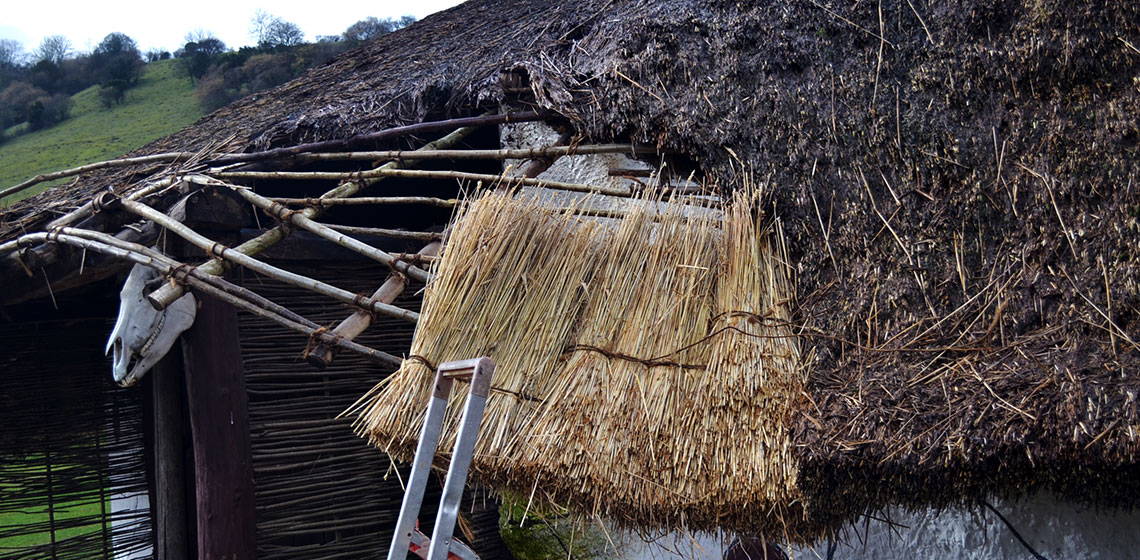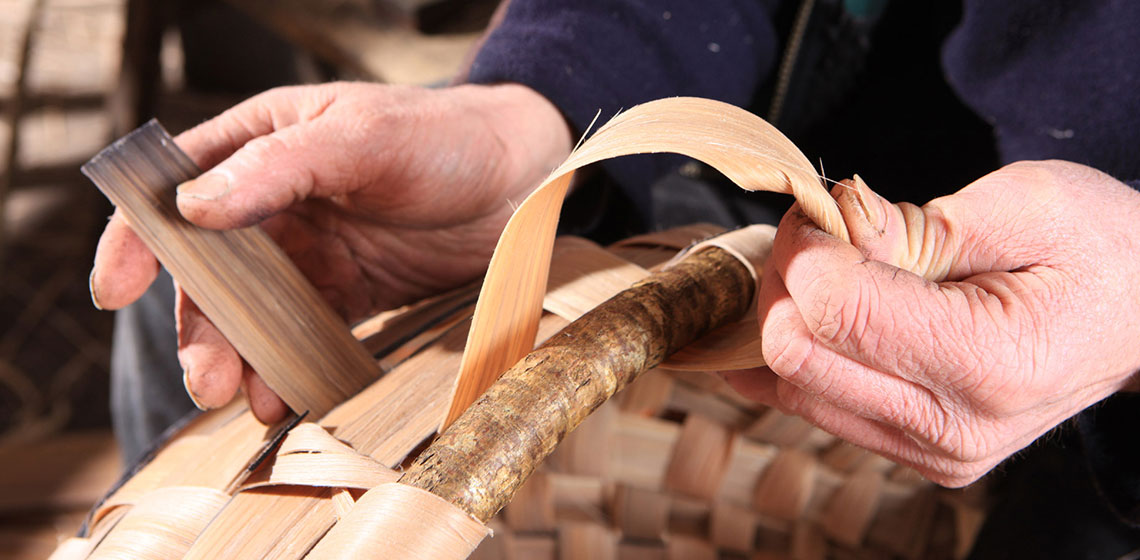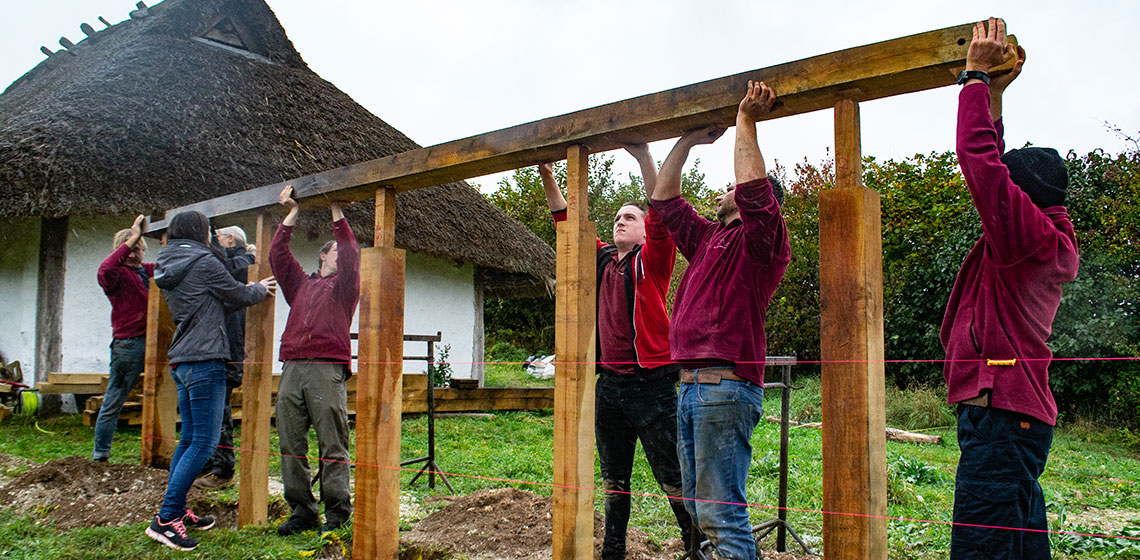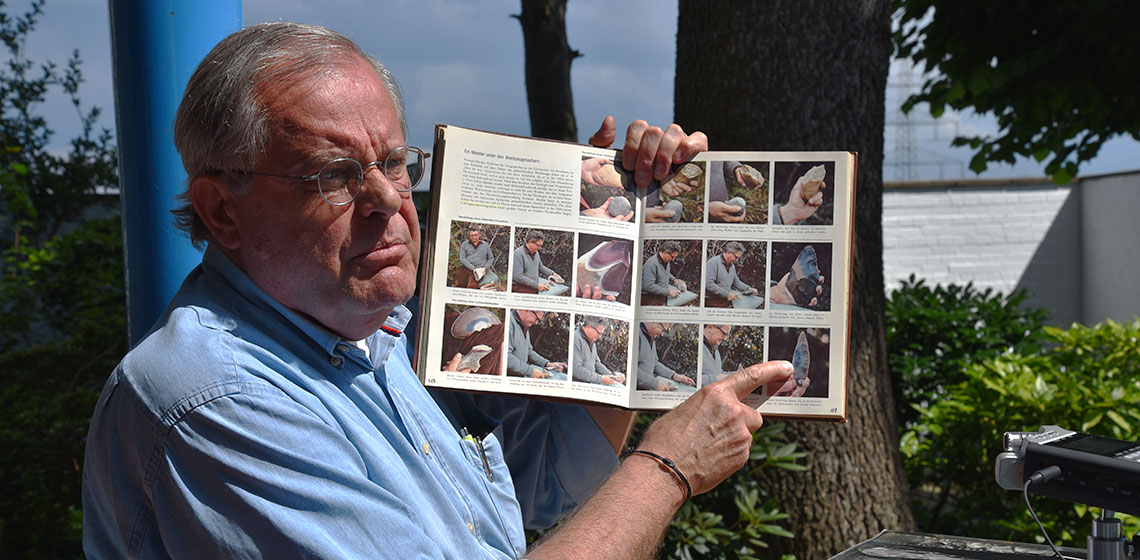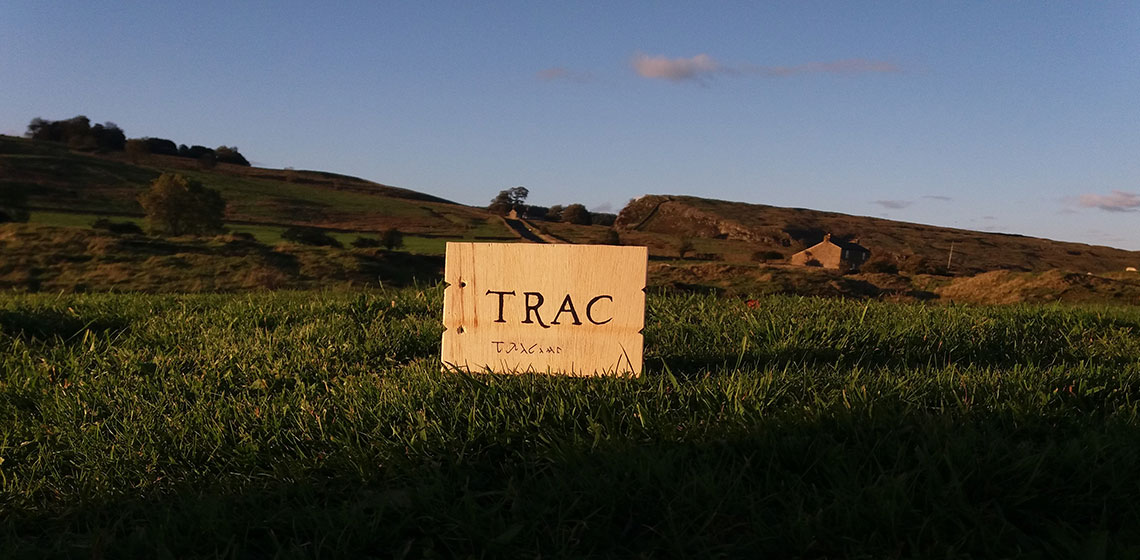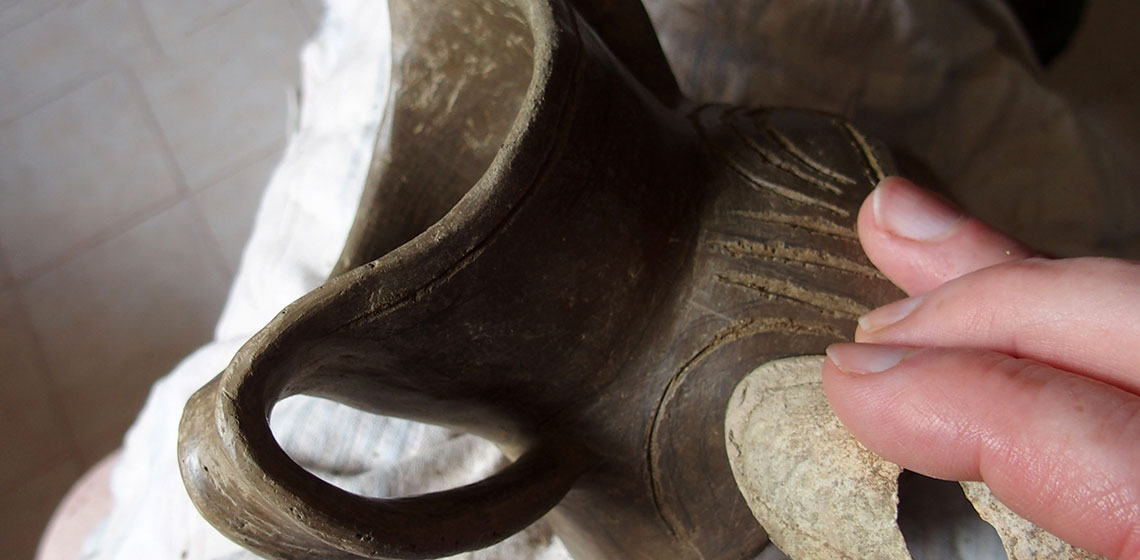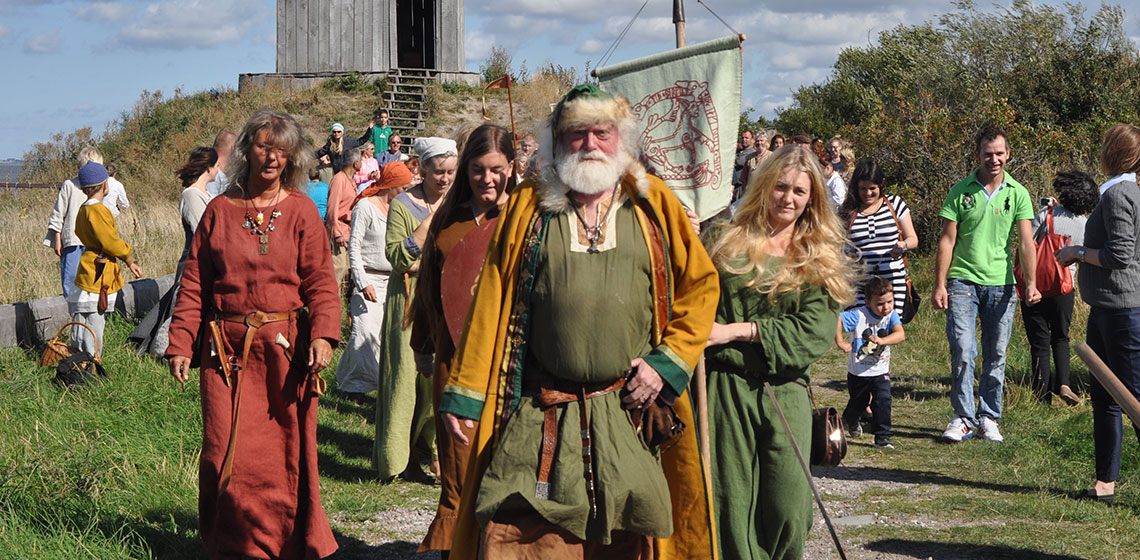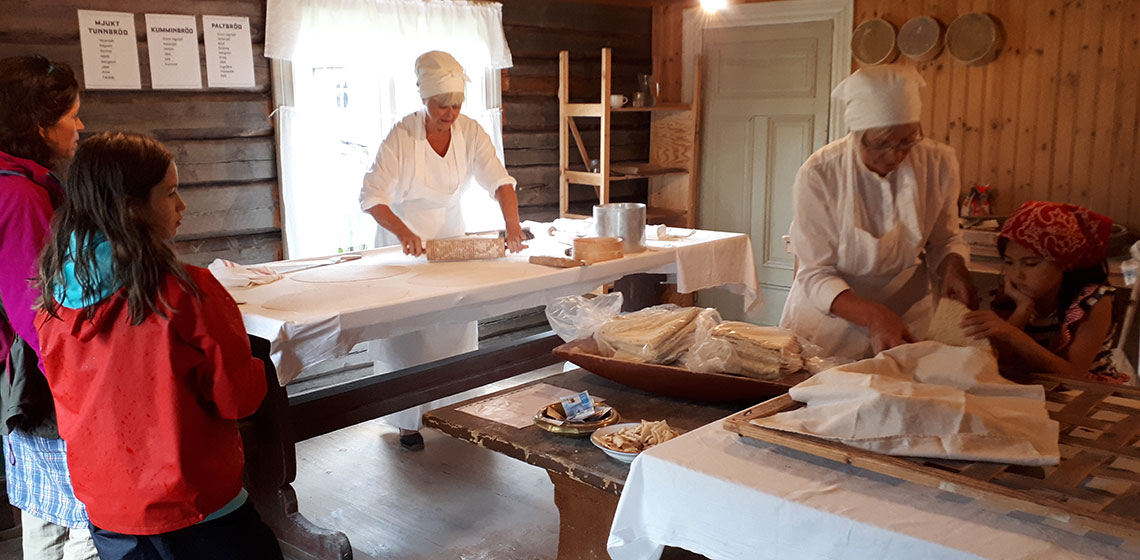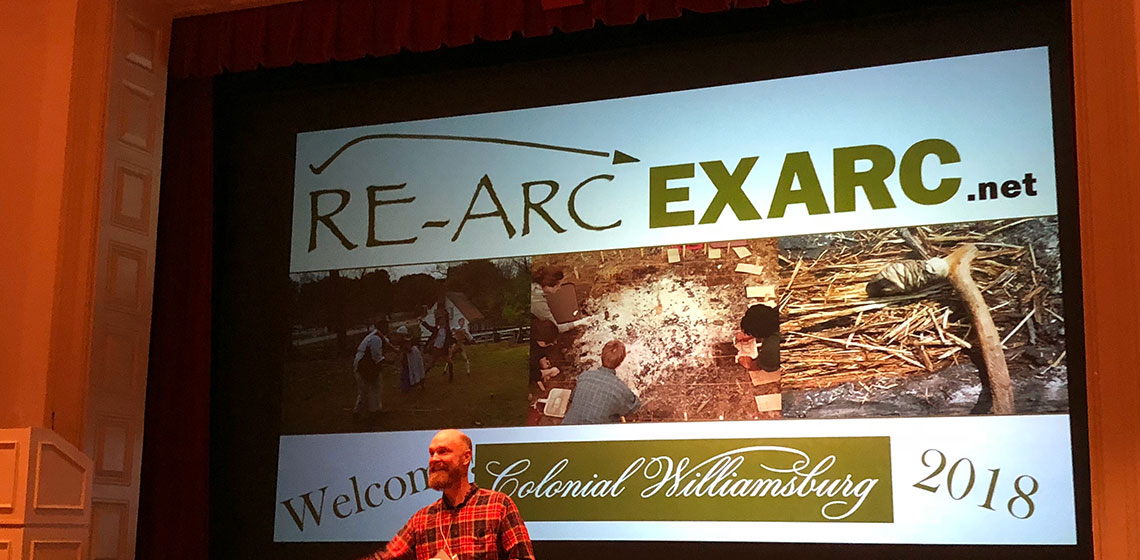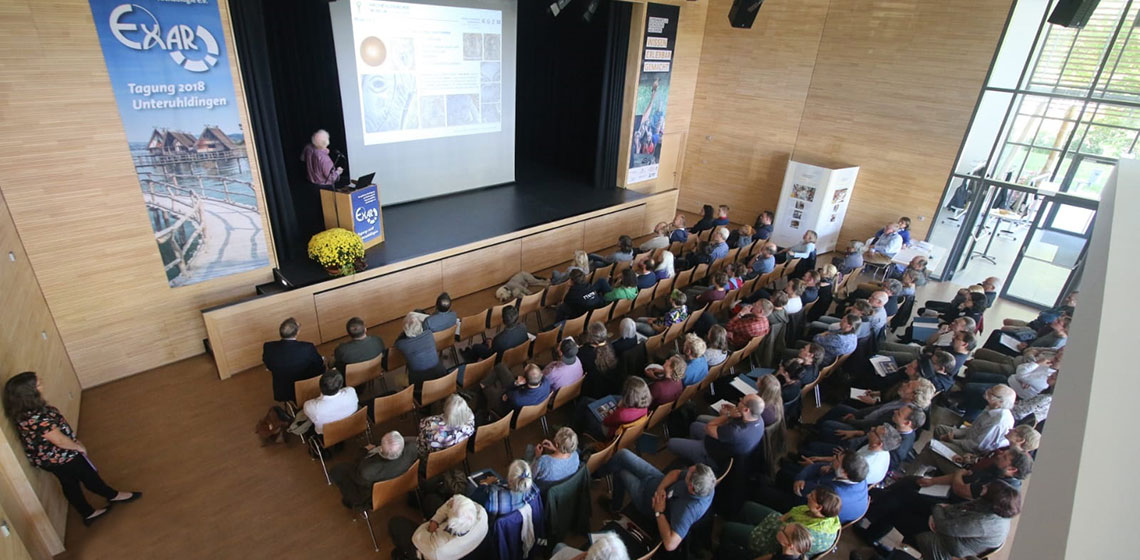The Effect of Climate Change in Experimental Archaeology
Publication Date
When you are planning your experiment how many of you think of the climate and whether it matches the period that your experiment is based in? Depending on the type of experiment there are many factors that may influence the results. You need to consider parameters such as; humidity, ambient temperature...

